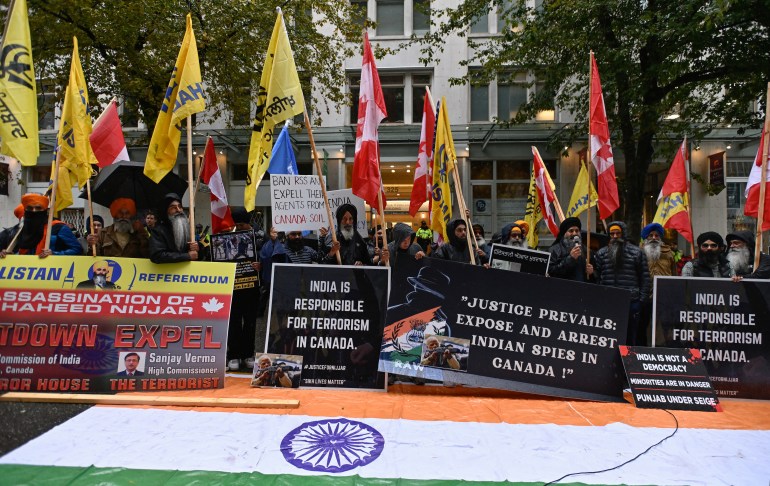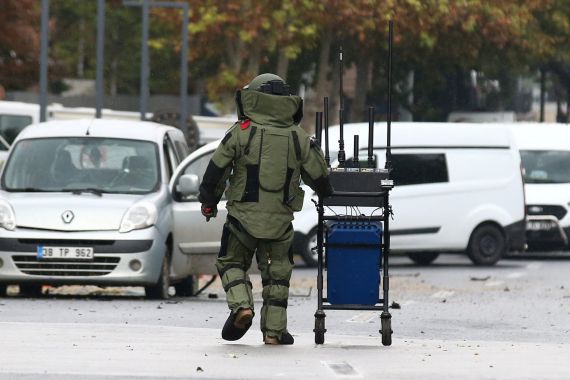In a diplomatic showdown that threatens to escalate tensions between India and Canada, the Indian government has delivered a stern ultimatum to its northern counterpart. India has demanded the immediate repatriation of 41 Canadian diplomats by October 10, amid allegations of Indian government involvement in the murder of Sikh separatist leader Hardeep Singh Nijjar. With a looming threat to revoke diplomatic immunity for non-compliance, this latest development adds another layer of complexity to the already strained relations between the two nations.
A Fractured Bilateral Relationship
Relations between India and Canada have soured in recent months, stemming from Canadian suspicions that Indian government agents played a role in the June assassination of Hardeep Singh Nijjar in British Columbia. Nijjar, a Canadian citizen and Sikh separatist leader, was labeled a “terrorist” by India due to his advocacy for Khalistan, an independent Sikh state. India has vehemently denied any involvement in Nijjar’s murder, dismissing the allegations as absurd. Despite initial diplomatic exchanges, the situation has escalated to a critical point, with India’s ultimatum pushing Canada into a diplomatic quandary.
Diplomatic Immunity on the Line
According to reports from The Financial Times, India has escalated the matter by threatening to revoke the diplomatic immunity of the 41 Canadian diplomats should they fail to leave Indian soil by the prescribed date of October 10. The move is a clear signal of India’s seriousness in addressing the rift and its demand for Canada to downsize its diplomatic mission in India. This ultimatum adds a layer of tension to the ongoing standoff, putting pressure on Canadian authorities to make a pivotal decision.
Historical Complexities and Political Landscape
This rift is not solely about the recent murder allegations. It is compounded by a complex historical backdrop and the presence of Sikh separatist groups in Canada. Indian Foreign Minister Subrahmanyam Jaishankar has raised concerns about a “climate of violence” and an “atmosphere of intimidation” against Indian diplomats in Canada, partly driven by the presence of these groups. Canada is home to a substantial Sikh population, with approximately 770,000 Sikhs, and has 15 Sikh members in its House of Commons, accounting for over 4 percent of the seats. The long-standing tensions between India and Sikh separatist groups in Canada have been a source of discontent for India, complicating the already delicate diplomatic relations between the two nations.
While the situation unfolds, the Indian and Canadian foreign ministries have yet to issue official statements regarding the ultimatum. The ultimatum’s repercussions remain uncertain, but it is undeniable that this escalating standoff threatens to strain diplomatic ties between India and Canada further, adding an element of uncertainty to an already complex geopolitical landscape. With the October 10 deadline looming, the world watches closely to see how both nations will navigate this tumultuous chapter in their bilateral relationship.
















